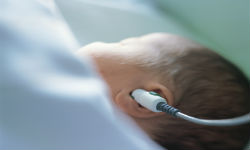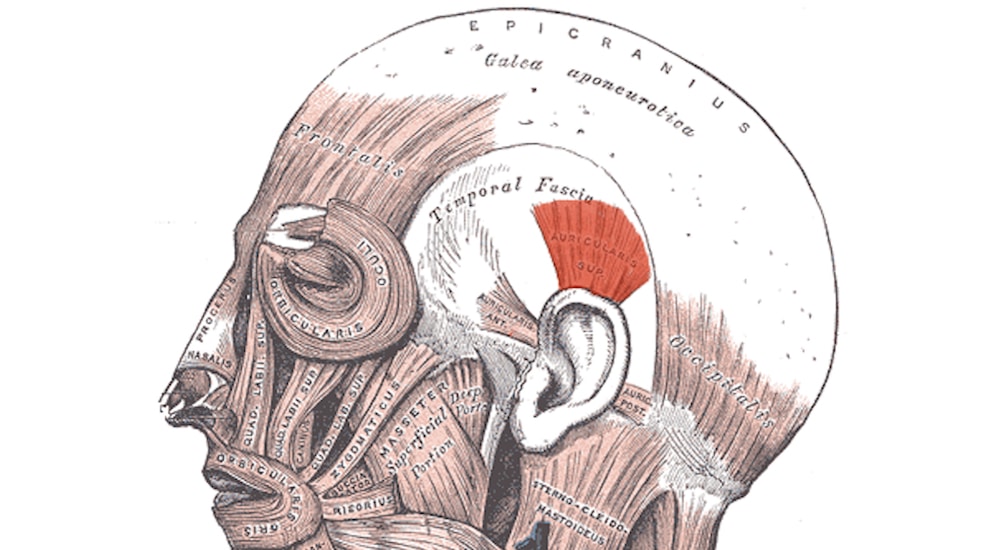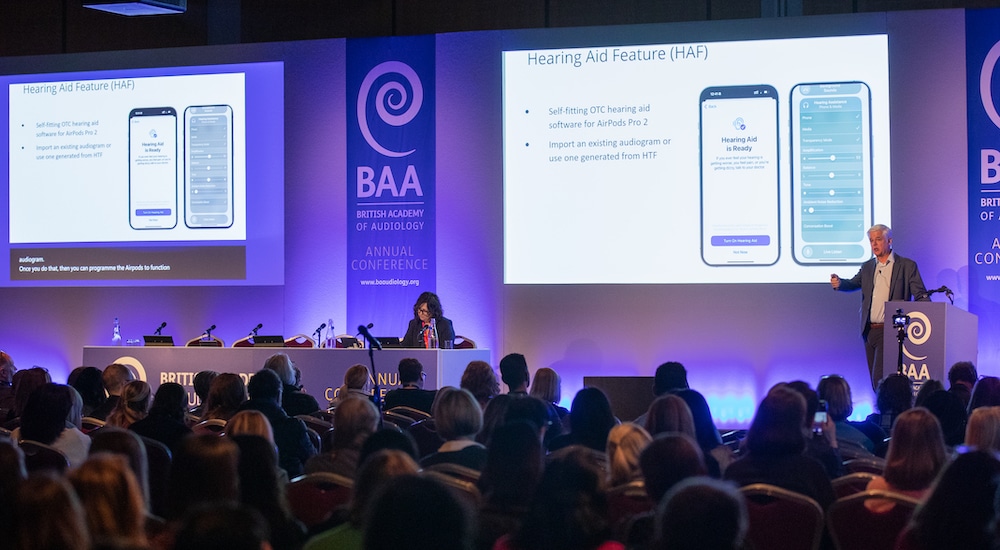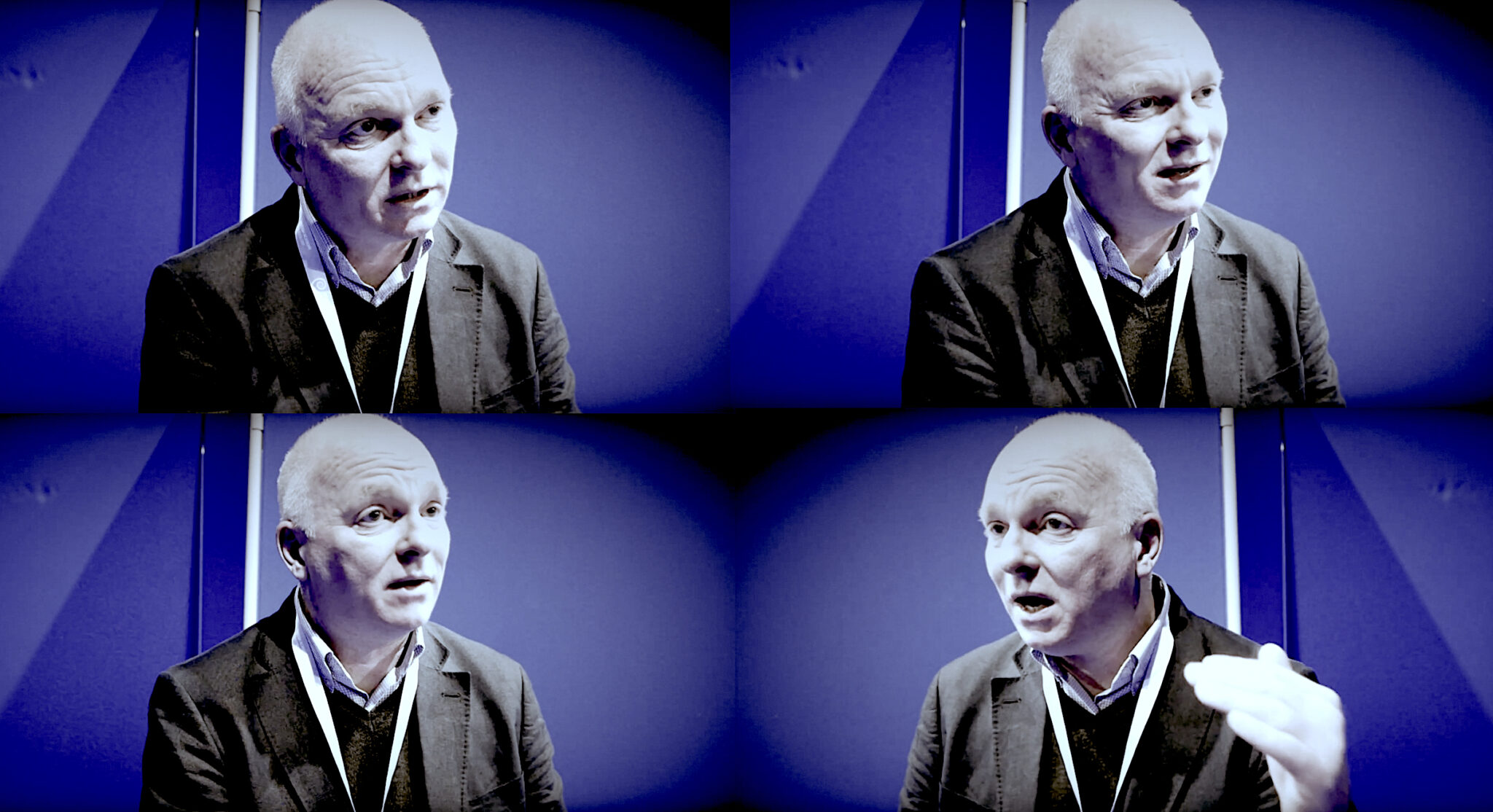Newborn hearing screening: study in 151 countries
NHS
Prof. Katrin Neumann from the Ruhr University, Bochum, Germany is studying data on newborn hearing screening (NHS) from more than 151 countries and has found that developing countries in particular are lagging behind in the diagnosis and treatment of hearing impairments.

Neumann is working with an international team of colleagues on the study which is not yet finalized since results from some countries are still pending. However, interim results show that more than 50% of the participating countries have introduced hearing testing for infants. In the developing countries surveyed, the methods applied rarely meet Western standards though. Another important finding is that screening is more efficient in countries where it is regulated by the government.
In terms of epidemiology, the study has also confirmed previous data showing that the prevalence of infantile hearing disorders in underdeveloped countries is much higher than originally thought. “In specialist circles, hearing impairments are often referred to as the hidden disease, because the disorder attracts only little attention. This is what I wish to change,” says Katrin Neumann in the university’s press release about her study.
Neumann has built up a dataset that can be used to advocate standardization of newborn hearing screening through the World Health Organization (WHO). Since 2007, Neumann has been collaborating as an expert in projects run by WHO and is involved in drafting corresponding policies. She hopes that a new resolution in this area can be adopted by the organization, prompting member countries to enforce and regularly control national plans for preventing and combatting hearing impairments.
Source: Ruhr-Universität Bochum


